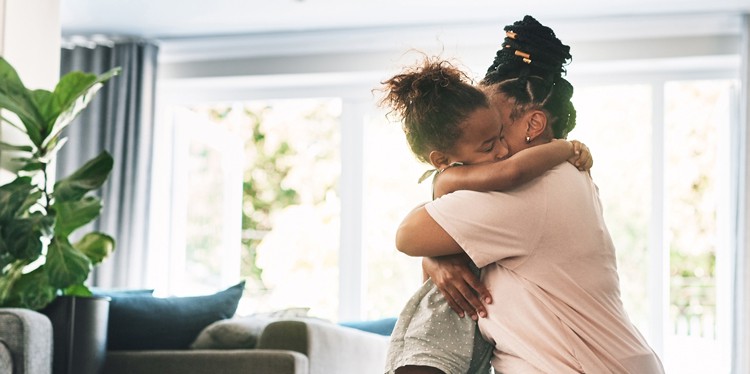How to talk to your child about traumatic events

As stories of another mass school shooting dominate the news, parents of young children may find themselves struggling to explain these traumatic events to their kids. Scanner News spoke with Hennepin Healthcare child psychologist Marcia Jensen, who gave advice on how parents can approach these conversations, recognize signs of stress, and take care of their own well-being. Marcia is the Director of Psychology Training and Psychology Manager.

